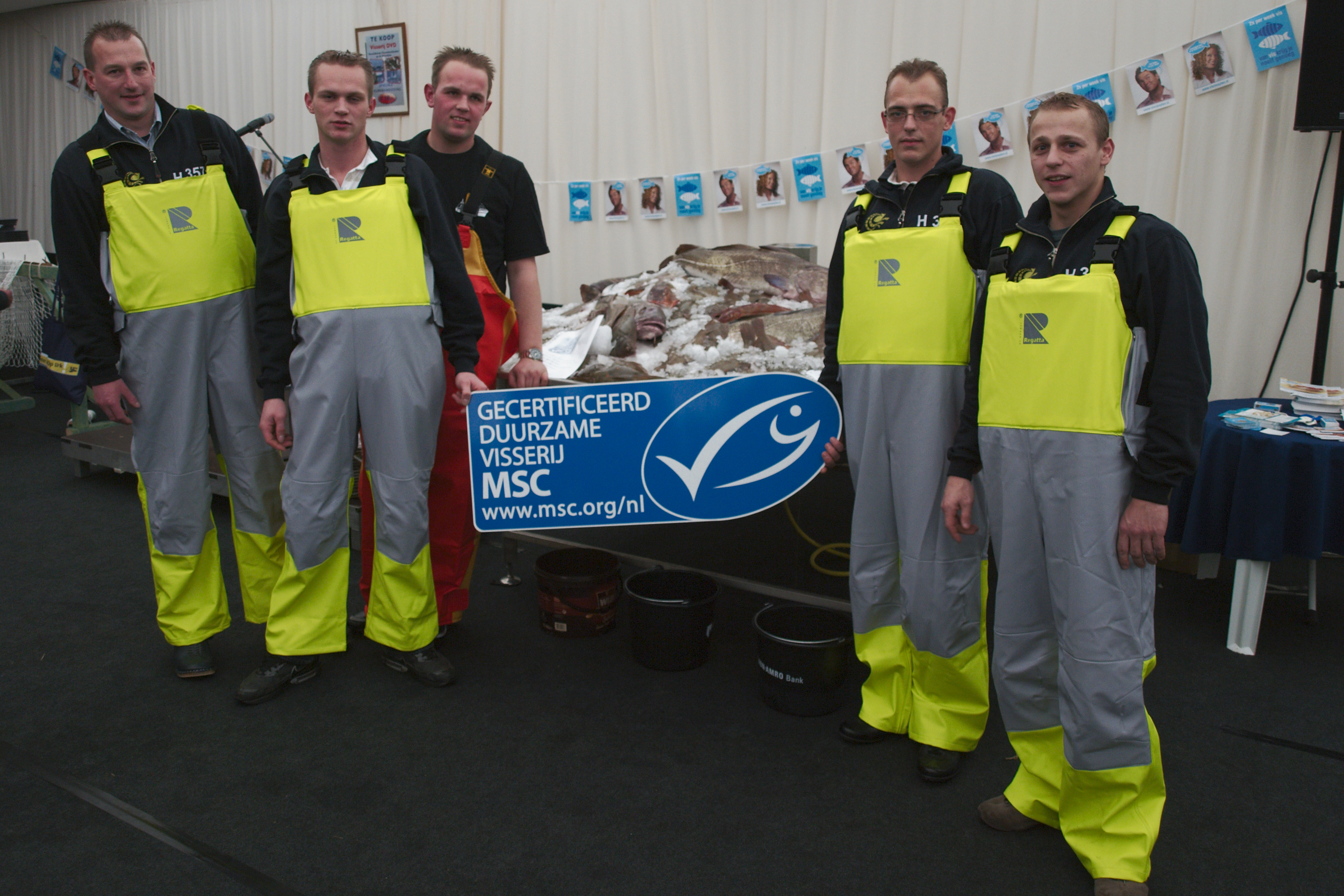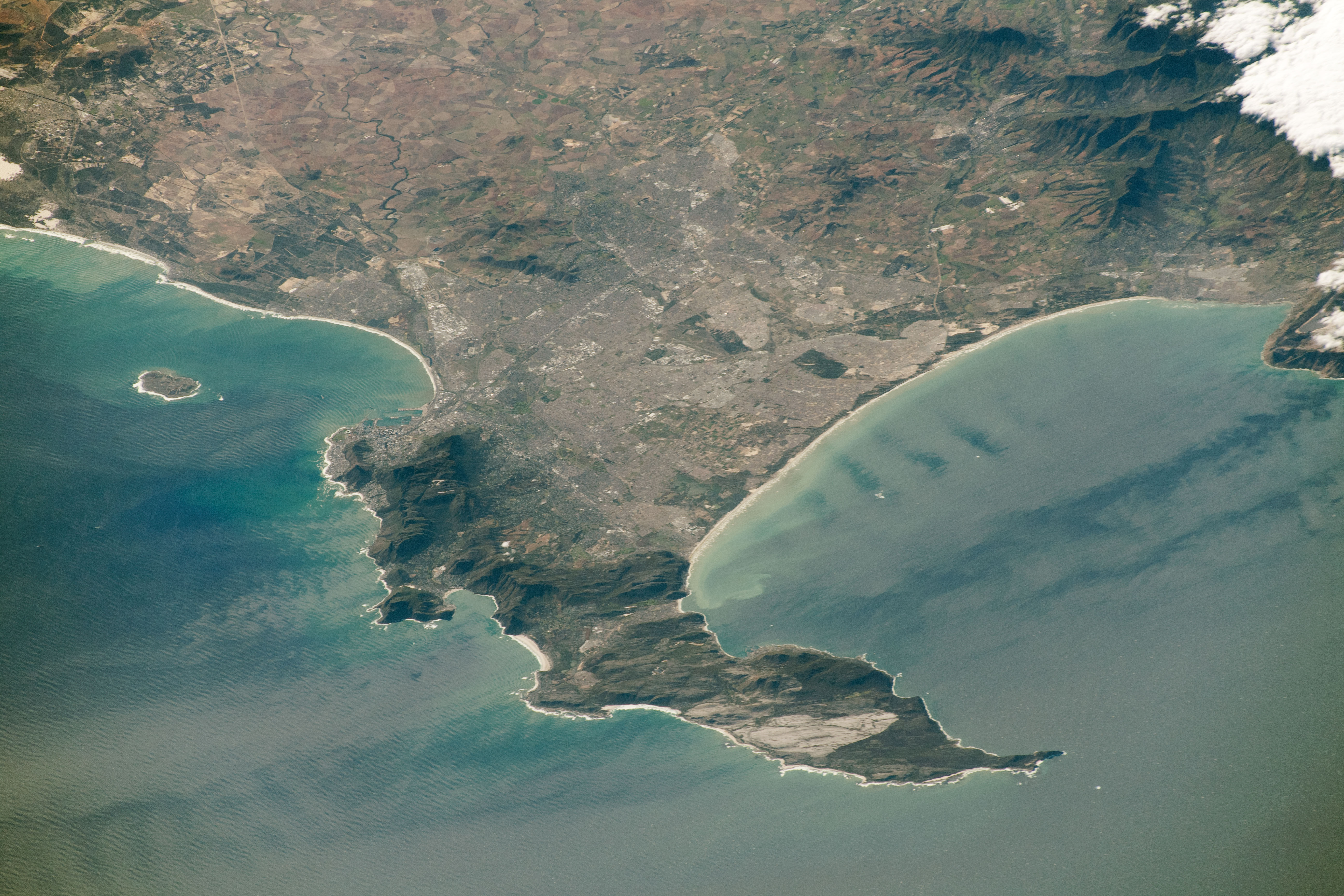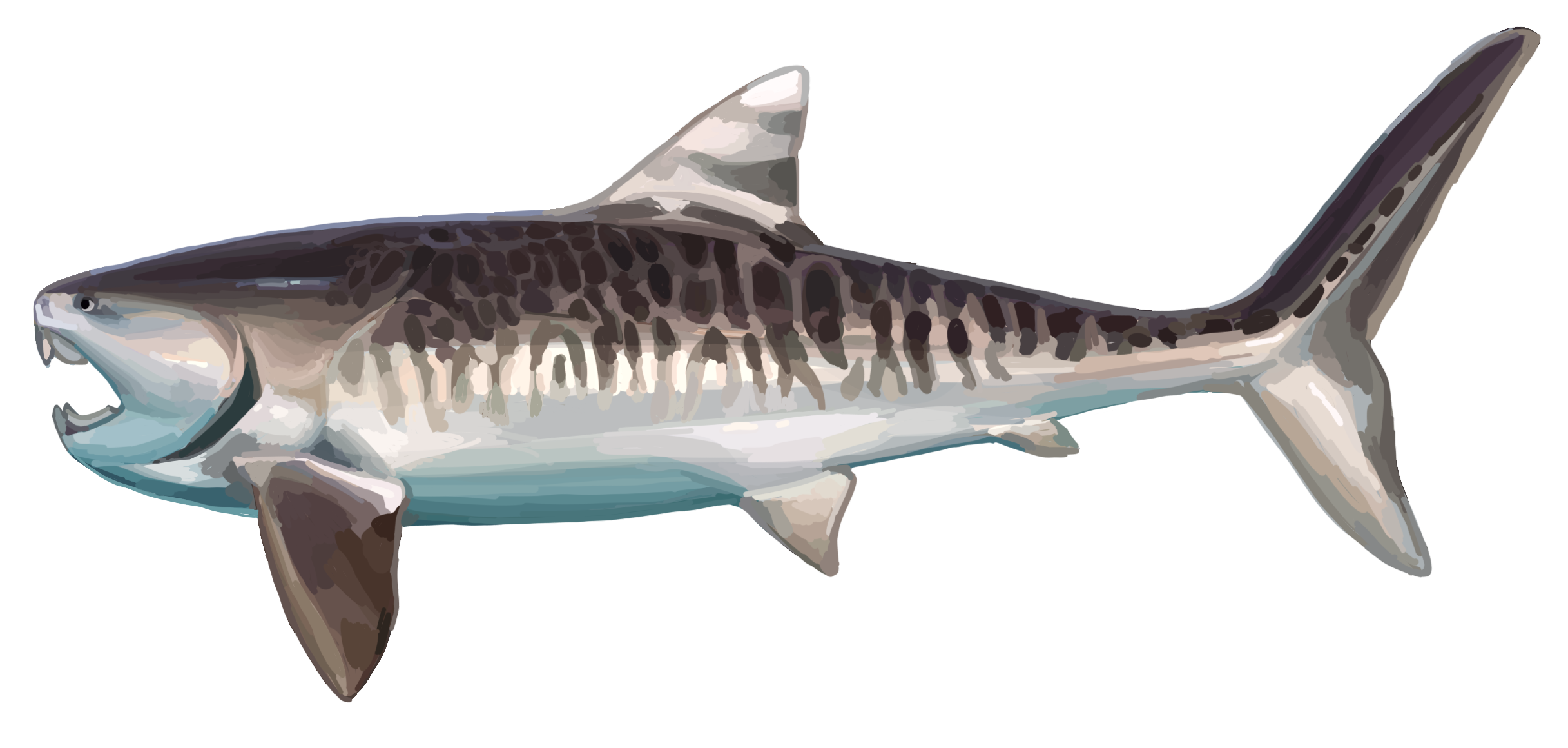|
Lithognathus Lithognathus
The white steenbras (''Lithognathus lithognathus'') is a species of fish in the family Sparidae endemic to South Africa. Due to overfishing, primarily by seine netting operations in False Bay, the white steenbras is now endangered and is about to become a 'no keep' species in South Africa. Massive breeding shoals are illegally wiped out by beach seine netters each year, with the authorities doing little to prevent this. The species was identified as a priority for research, management and conservation in a National Linefish Status Report.Bennett, Rhett Hamilton. 2012''Movement patterns, stock delineation and conservation of an overexploited fishery species, Lithognathus Lithognathus (Pisces: Sparidae)'' Doctoral thesis - PhD. Grahamstown: Rhodes University References White steenbras Marine fish of South Africa Endemic fish of South Africa white steenbras white steenbras The white steenbras (''Lithognathus lithognathus'') is a species of fish in the family Sparidae ende ... [...More Info...] [...Related Items...] OR: [Wikipedia] [Google] [Baidu] |
Animalia
Animals are multicellular, eukaryotic organisms in the biological kingdom Animalia. With few exceptions, animals consume organic material, breathe oxygen, are able to move, can reproduce sexually, and go through an ontogenetic stage in which their body consists of a hollow sphere of cells, the blastula, during embryonic development. Over 1.5 million living animal species have been described—of which around 1 million are insects—but it has been estimated there are over 7 million animal species in total. Animals range in length from to . They have complex interactions with each other and their environments, forming intricate food webs. The scientific study of animals is known as zoology. Most living animal species are in Bilateria, a clade whose members have a bilaterally symmetric body plan. The Bilateria include the protostomes, containing animals such as nematodes, arthropods, flatworms, annelids and molluscs, and the deuterostomes, containing the echinode ... [...More Info...] [...Related Items...] OR: [Wikipedia] [Google] [Baidu] |
South Africa
South Africa, officially the Republic of South Africa (RSA), is the southernmost country in Africa. It is bounded to the south by of coastline that stretch along the South Atlantic and Indian Oceans; to the north by the neighbouring countries of Namibia, Botswana, and Zimbabwe; and to the east and northeast by Mozambique and Eswatini. It also completely enclaves the country Lesotho. It is the southernmost country on the mainland of the Old World, and the second-most populous country located entirely south of the equator, after Tanzania. South Africa is a biodiversity hotspot, with unique biomes, plant and animal life. With over 60 million people, the country is the world's 24th-most populous nation and covers an area of . South Africa has three capital cities, with the executive, judicial and legislative branches of government based in Pretoria, Bloemfontein, and Cape Town respectively. The largest city is Johannesburg. About 80% of the population are Black South Afri ... [...More Info...] [...Related Items...] OR: [Wikipedia] [Google] [Baidu] |
Endemic Fish Of South Africa
Endemism is the state of a species being found in a single defined geographic location, such as an island, state, nation, country or other defined zone; organisms that are indigenous to a place are not endemic to it if they are also found elsewhere. For example, the Cape sugarbird is found exclusively in southwestern South Africa and is therefore said to be ''endemic'' to that particular part of the world. An endemic species can be also be referred to as an ''endemism'' or in scientific literature as an ''endemite''. For example '' Cytisus aeolicus'' is an endemite of the Italian flora. '' Adzharia renschi'' was once believed to be an endemite of the Caucasus, but it was later discovered to be a non-indigenous species from South America belonging to a different genus. The extreme opposite of an endemic species is one with a cosmopolitan distribution, having a global or widespread range. A rare alternative term for a species that is endemic is "precinctive", which applies to s ... [...More Info...] [...Related Items...] OR: [Wikipedia] [Google] [Baidu] |
Marine Fish Of South Africa
Marine is an adjective meaning of or pertaining to the sea The sea, connected as the world ocean or simply the ocean, is the body of salty water that covers approximately 71% of the Earth's surface. The word sea is also used to denote second-order sections of the sea, such as the Mediterranean Sea, ... or ocean. Marine or marines may refer to: Ocean * Maritime (other) * Marine art * Marine biology * Marine debris * Marine habitats * Marine life * Marine pollution Military * Marines, a naval-based infantry force ** United States Marine Corps ** Royal Marines of the UK ** Brazilian Marine Corps ** Spanish Marine Infantry ** Fusiliers marins (France) ** Indonesian Marine Corps ** Republic of China Marine Corps ** Republic of Korea Marine Corps ** Royal Thai Marine Corps *"Marine" also means "navy" in several languages: ** Austro-Hungarian Navy () ** Belgian Navy (, , ) ** Royal Canadian Navy () *** Provincial Marine (1796–1910), a predecessor to the Royal Canadi ... [...More Info...] [...Related Items...] OR: [Wikipedia] [Google] [Baidu] |
Illegal Fishing
Illegal, unreported and unregulated fishing (IUU) is an issue around the world. Fishing industry observers believe IUU occurs in most fisheries, and accounts for up to 30% of total catches in some important fisheries. Illegal fishing takes place when vessels or harvesters operate in violation of the laws of a fishery. This can apply to fisheries that are under the jurisdiction of a coastal state or to high seas fisheries regulated by regional fisheries management organisations (RFMO). According to the UN Food and Agriculture Organization (FAO), Fisheries and Aquaculture Department, illegal fishing has caused losses estimated at US$23 billion per year. Unreported fishing is fishing that has been unreported or misreported to the relevant national authority or RFMO, in contravention of applicable laws and regulations. Unregulated fishing generally refers to fishing by vessels without nationality, vessels flying the flag of a country not party to the RFMO governing that fishing a ... [...More Info...] [...Related Items...] OR: [Wikipedia] [Google] [Baidu] |
False Bay
False Bay (Afrikaans ''Valsbaai'') is a body of water in the Atlantic Ocean between the mountainous Cape Peninsula and the Hottentots Holland Mountains in the extreme south-west of South Africa. The mouth of the bay faces south and is demarcated by Cape Point to the west and Cape Hangklip to the east. The north side of the bay is the low-lying Cape Flats, and the east side is the foot of the Hottentots Holland Mountains to Cape Hangklip which is at nearly the same latitude as Cape Point. In plan the bay is approximately square, being roughly the same extent from north to south as east to west, with the southern side open to the ocean. The seabed slopes gradually down from north to south, and is mostly fairly flat unconsolidated sediments. Much of the bay is off the coast of the City of Cape Town, and it includes part of the Table Mountain National Park Marine Protected Area and the whole of the Helderberg Marine Protected Area. The name "False Bay" was applied at least three hu ... [...More Info...] [...Related Items...] OR: [Wikipedia] [Google] [Baidu] |
Seine Fishing
Seine fishing (or seine-haul fishing; ) is a method of fishing that employs a surrounding net, called a seine, that hangs vertically in the water with its bottom edge held down by weights and its top edge buoyed by floats. Seine nets can be deployed from the shore as a beach seine, or from a boat. Boats deploying seine nets are known as seiners. Two main types of seine net are deployed from seiners: ''purse seines'' and ''Danish seines''. A seine differs from a gillnet, in that a seine encloses fish, where a gillnet directly snares fish. Etymology The word ''seine'' has its origins in the Old English ''segne'', which entered the language via Latin ''sagena'', from the original Greek σαγήνη ''sagēnē'' (a drag-net). History Seines have been used widely in the past, including by Stone Age societies. For example, the Māori used large canoes to deploy seine nets which could be over a kilometer long. The nets were woven from green flax, with stone weights and light wood o ... [...More Info...] [...Related Items...] OR: [Wikipedia] [Google] [Baidu] |
Overfishing
Overfishing is the removal of a species of fish (i.e. fishing) from a body of water at a rate greater than that the species can replenish its population naturally (i.e. the overexploitation of the fishery's existing fish stock), resulting in the species becoming increasingly underpopulated in that area. Overfishing can occur in water bodies of any sizes, such as ponds, wetlands, rivers, lakes or oceans, and can result in resource depletion, reduced biological growth rates and low biomass levels. Sustained overfishing can lead to critical depensation, where the fish population is no longer able to sustain itself. Some forms of overfishing, such as the overfishing of sharks, has led to the upset of entire marine ecosystems. Types of overfishing include: growth overfishing, recruitment overfishing, ecosystem overfishing. The ability of a fishery to recover from overfishing depends on whether its overall carrying capacity and the variety of ecological conditions are suitable for t ... [...More Info...] [...Related Items...] OR: [Wikipedia] [Google] [Baidu] |
Endemism
Endemism is the state of a species being found in a single defined geographic location, such as an island, state, nation, country or other defined zone; organisms that are indigenous to a place are not endemic to it if they are also found elsewhere. For example, the Cape sugarbird is found exclusively in southwestern South Africa and is therefore said to be ''endemic'' to that particular part of the world. An endemic species can be also be referred to as an ''endemism'' or in scientific literature as an ''endemite''. For example '' Cytisus aeolicus'' is an endemite of the Italian flora. '' Adzharia renschi'' was once believed to be an endemite of the Caucasus, but it was later discovered to be a non-indigenous species from South America belonging to a different genus. The extreme opposite of an endemic species is one with a cosmopolitan distribution, having a global or widespread range. A rare alternative term for a species that is endemic is "precinctive", which applies to ... [...More Info...] [...Related Items...] OR: [Wikipedia] [Google] [Baidu] |
Chordata
A chordate () is an animal of the phylum Chordata (). All chordates possess, at some point during their larval or adult stages, five synapomorphies, or primary physical characteristics, that distinguish them from all the other taxa. These five synapomorphies include a notochord, dorsal hollow nerve cord, endostyle or thyroid, pharyngeal slits, and a post-anal tail. The name “chordate” comes from the first of these synapomorphies, the notochord, which plays a significant role in chordate structure and movement. Chordates are also Bilateral symmetry, bilaterally symmetric, have a coelom, possess a circulatory system, and exhibit Metameric, metameric segmentation. In addition to the morphological characteristics used to define chordates, analysis of genome sequences has identified two conserved signature indels (CSIs) in their proteins: cyclophilin-like protein and mitochondrial inner membrane protease ATP23, which are exclusively shared by all vertebrates, tunicates and cep ... [...More Info...] [...Related Items...] OR: [Wikipedia] [Google] [Baidu] |
Fish
Fish are aquatic, craniate, gill-bearing animals that lack limbs with digits. Included in this definition are the living hagfish, lampreys, and cartilaginous and bony fish as well as various extinct related groups. Approximately 95% of living fish species are ray-finned fish, belonging to the class Actinopterygii, with around 99% of those being teleosts. The earliest organisms that can be classified as fish were soft-bodied chordates that first appeared during the Cambrian period. Although they lacked a true spine, they possessed notochords which allowed them to be more agile than their invertebrate counterparts. Fish would continue to evolve through the Paleozoic era, diversifying into a wide variety of forms. Many fish of the Paleozoic developed external armor that protected them from predators. The first fish with jaws appeared in the Silurian period, after which many (such as sharks) became formidable marine predators rather than just the prey of arthropods. Mos ... [...More Info...] [...Related Items...] OR: [Wikipedia] [Google] [Baidu] |
Georges Cuvier
Jean Léopold Nicolas Frédéric, Baron Cuvier (; 23 August 1769 – 13 May 1832), known as Georges Cuvier, was a French natural history, naturalist and zoology, zoologist, sometimes referred to as the "founding father of paleontology". Cuvier was a major figure in natural sciences research in the early 19th century and was instrumental in establishing the fields of comparative anatomy and paleontology through his work in comparing living animals with fossils. Cuvier's work is considered the foundation of vertebrate paleontology, and he expanded Linnaean taxonomy by grouping classes into phylum, phyla and incorporating both fossils and living species into the classification. Cuvier is also known for establishing extinction as a fact—at the time, extinction was considered by many of Cuvier's contemporaries to be merely controversial speculation. In his ''Essay on the Theory of the Earth'' (1813) Cuvier proposed that now-extinct species had been wiped out by periodic catastrophi ... [...More Info...] [...Related Items...] OR: [Wikipedia] [Google] [Baidu] |

.jpg)


.jpeg)



